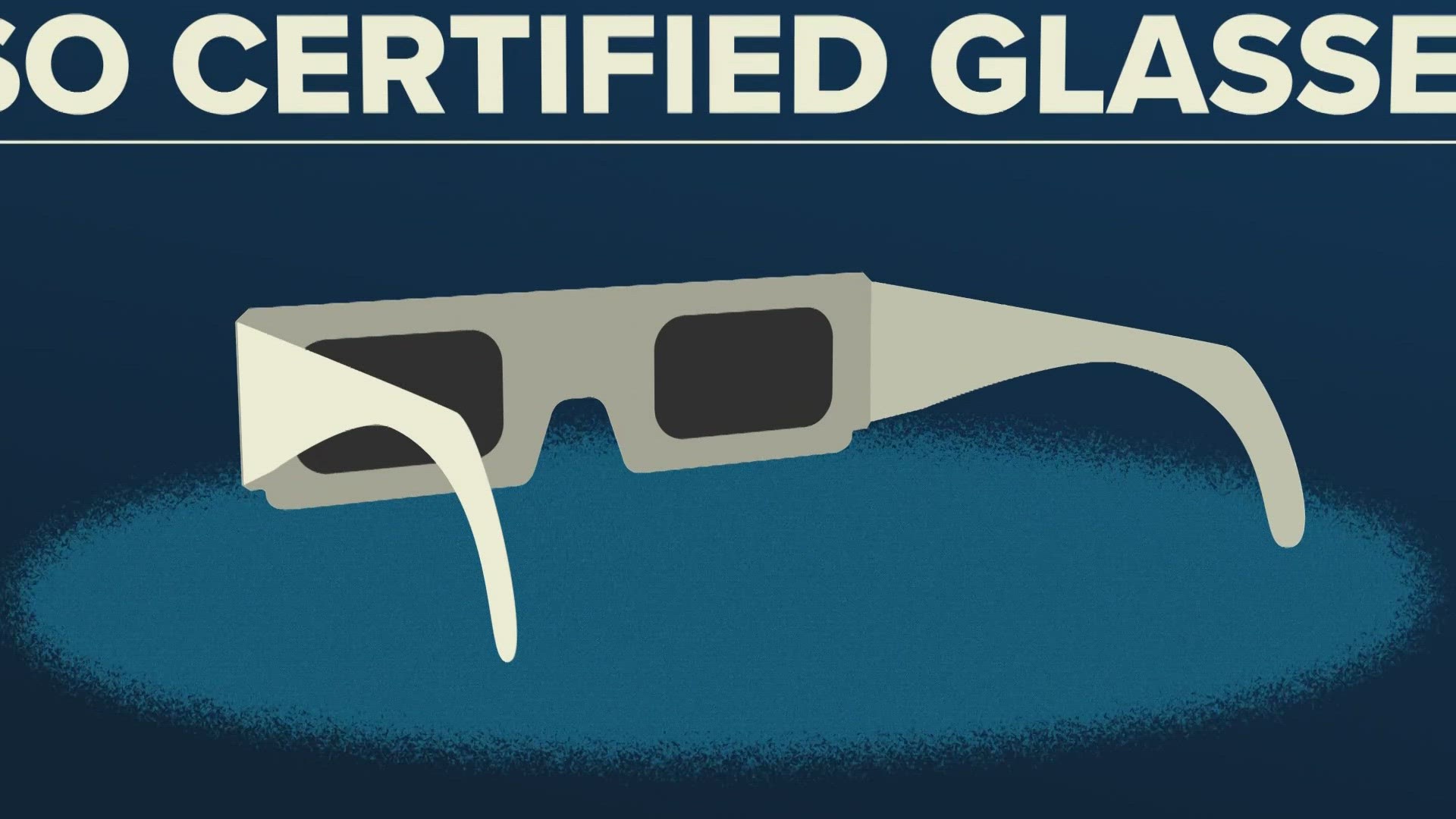WASHINGTON — Did you know that in many cultures a solar or lunar eclipse is considered a bad omen.
For instance in India, many believe an eclipse is harmful for a growing baby during pregnancy and could lead to premature labor. In other cultures it is believed that pregnant people who go outside during an eclipse could cause their baby to have facial deformities or birth marks.
But these beliefs are not backed by any real science. In fact, science tells us that certain drugs, substance misuse, genetic diseases, and nutritional deficiencies (such spina bifida) are the causes of birth abnormalities.
Regardless, the old wives tale has persisted throughout history, so we are here to debunk the myth and offer you peace of mind this coming Monday, April 8 when a total solar eclipse is predicted.
Eclipses are not dangerous for expectant people.
The only known adverse health effects of a solar eclipse is that looking directly at it can damage your eyes. The sun's beams can burn the retina, causing blindness. Since the retina doesn't sense or feel pain, the effects of the damage take several hours to manifest. Therefore, it is easy to injure your eyes without knowing it.
That's why experts recommend only looking at a solar eclipse while wearing certified eclipse glasses, which filter out most of the sun's rays, making it safe to view.
Scientists say looking at a lunar eclipse does not damage the eyes in the same way and is considered safe.
For more on the upcoming total solar eclipse, click here.
RELATED: Fill up your gas tank and prepare to wait. Some tips to prepare for April's total solar eclipse
WATCH NEXT:

